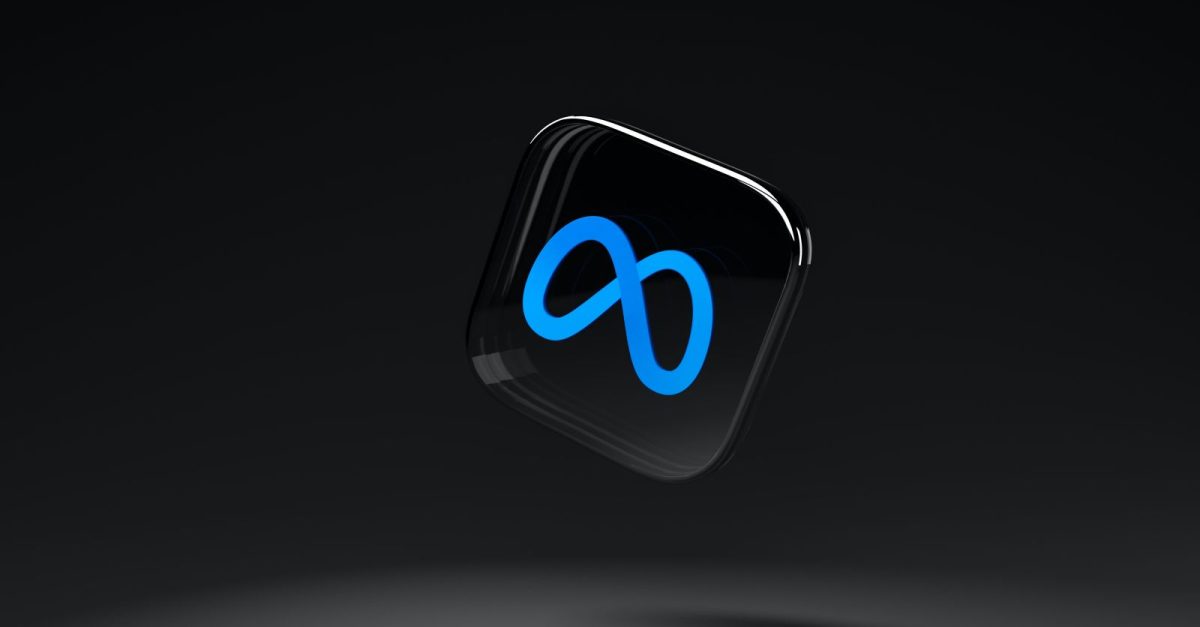Meta’s new AI system to identify and interpret the environment
If we look at forecasts for the future with artificial intelligence, then we see positive prospects on the one hand, but also dystopias. No wonder a technology that can do a lot of good can always be used for bad purposes. At least one thing is clear, algorithms will probably continue to influence our lives more and more in the coming decades, so that potential use cases will increase, Meta has now presented a new learning algorithm.
Nowadays, neural networks can usually either identify objects or describe them in a natural language, but the machine is not yet able to do both at the same time. This is also an argument why we mostly only read about new breakthroughs that affect one of these use cases (e.g. GPT-3, which can already write its own texts [1]).
The reason for this is relatively simple, for recognizing images, different learning methods are mainly used than for mastering language skills. Meta AI has therefore developed an algorithm that can be used to teach neural networks to understand images, text or language. Data2vec should perform as well as other comparable algorithms.
To do this, the system uses two different neural networks, the student and the teacher. The teacher network is trained through images, text and speech and is trained to predict what is presented in new visuals. If, for example, a new dog picture is fed into the system, the algorithm knows that it is a dog without having seen the picture before.
The student network works a little differently. This is taught to see through the eyes of the teacher and so not to make any assumptions of their own. So it verifies what the teacher network sees in that image, this way it doesn’t have to specialize in any particular use case.
The only limitation of this approach is the speed of learning. The system can only learn one thing at a time and not be overwhelmed with randomized data. However, Meta AI still wants to tackle this problem, and maybe in a few years we will see new, powerful AI systems.



![These are the main trends [Anzeige] These are the main trends [Anzeige]](https://www.basicthinking.de/blog/wp-content/uploads/2022/09/trends-automotive-branche.jpg)